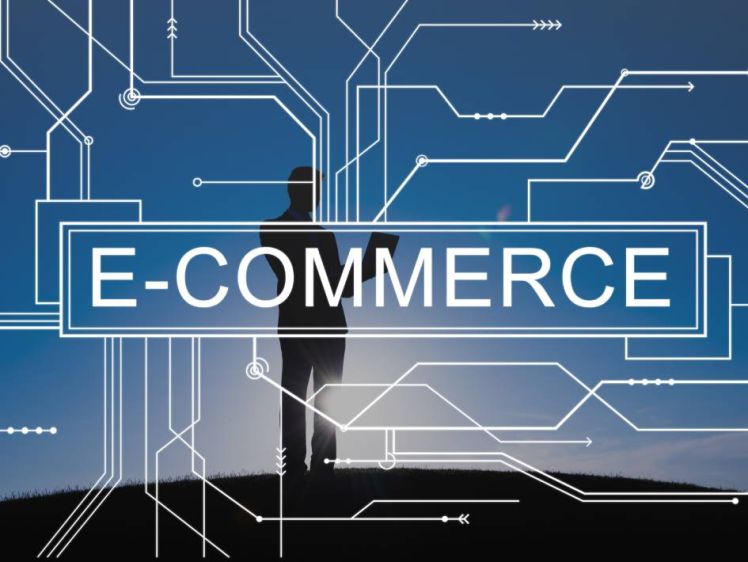Is E-Commerce Marketing Worth It? Unveiling the ROI of Online Retail Promotion
In an era dominated by digital interactions, e-commerce has become an integral part of the retail landscape. As businesses navigate the competitive online marketplace, the question that often arises is: Is e-commerce marketing worth the investment? In this blog, we'll delve into the various aspects of e-commerce marketing to unravel its worth, exploring the benefits, challenges, and the return on investment (ROI) it can bring to businesses.
The Benefits of E-Commerce Marketing
Challenges of E-Commerce Marketing
Measuring the ROI of E-Commerce Marketing
Is E-Commerce Marketing Worth It?
In assessing the worth of e-commerce marketing, it's crucial to recognize that its success is contingent on various factors, including strategy, execution, and adaptation. For many businesses, the benefits far outweigh the challenges when a well-thought-out marketing plan is implemented.
E-commerce marketing is worth it when:
1. Strategic Planning is Employed: A clear, data-driven marketing strategy tailored to your target audience can yield significant returns.
2. Continuous Adaptation Occurs: Staying abreast of industry trends and swiftly adapting to changes in the digital landscape is key to sustained success.
3. Customer Experience is Prioritized: Providing a seamless, secure, and positive customer experience fosters loyalty and repeat business.
4. Measurable ROI is Achieved: Regularly analyzing key performance indicators allows businesses to measure the effectiveness of their marketing efforts and make data-driven adjustments.
In conclusion, e-commerce marketing is a powerful tool for businesses seeking to thrive in the digital age. While challenges exist, the potential benefits, when realized through strategic planning and adaptation, make it a worthwhile investment for those looking to tap into the vast opportunities offered by online retail.



